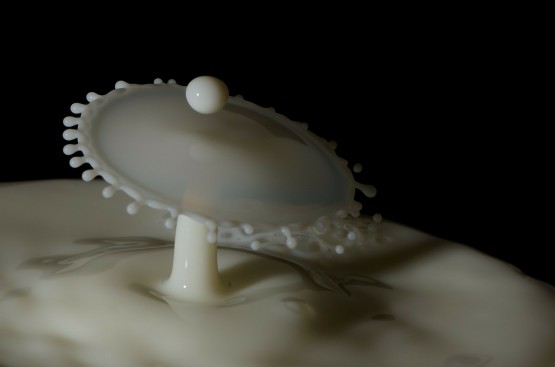
The Micro World of the Gut
Trillions of microorganisms – bacteria, viruses and fungi – are thriving inside and on your body. Three to four pounds worth cling to the inside of your gut. They hold many keys to health and disease, and they are just now being studied in ways never before possible. The same sequencing techniques that identified the DNA of the human genome, is now being used to study the DNA of the gut microflora. The inhabitants of this environment are called the ‘microbiome’.
It is well known that antibiotic use has increased and that their oral use is devastating to the gut community. A study done at Stanford sheds some light on the impact of antibiotic use. Three healthy adults were given a 5 day course of the antibiotic Cipro, then another course six months later. Their gut flora was studied after each treatment. The gut flora in all three subjects recovered gradually, but never returned to their original state. The upset of the balance between the organisms may be influential in the ability to fight disease.
Another relevant question involves the impact of the gut flora on the familiar diseases of the gut, such as Irritable Bowel Syndrome, Ulcerative Colitis and Crohn’s Disease. It has been shown that persons with these diseases have abnormal gut flora profiles. The use of a special diet (the FODMAP diet) has been shown to be effective in many IBS sufferers. The diet eliminates those foods that enhance the ‘trouble-causing’ bacteria. The use of probiotics is widely studied as well, but conclusions are still preliminary.
Other studies have been done that demonstrate a connection between gut flora and both insulin resistance and heart disease – even our moods.
Can we influence our gut flora by what we eat? Can this impact our health? We know that the flora of breast fed infants is superior to those that are formula fed. The FODMAP diet mentioned above is based on this. It has also been demonstrated that adults in a controlled environment who vary either the fat or fiber in their diet can alter their gut flora within 24 hours. Other studies show the impact of excess calories on the profile of gut flora. There is great reason to believe that, once again, what we eat impacts our health.
Can the increase in such diseases as obesity, diabetes, autism and asthma be connected with our guts? As a dietitian with over 30 year’s experience, it wouldn’t surprise me. The gut ‘has a mind of its own’ and controls far more than we realize. It may well be that as our environment has changed, so has our food supply, as well as our drug use. This may well have impacted the gut flora in ways yet unknown. That this would also affect our diseases is not such a far stretch. I believe this emerging area of research will introduce astounding discoveries.
Speaking of good bacteria, one of the most well-known foods for this is yogurt. And for good reason. Not only full of beneficial bacteria (amounts vary by brand and processing) but it is also a fermented food – making it better tolerated in lactose sensitive individuals. So it should come as no surprise that Dermadeli has yogurt as one of its ingredients – in the Green Tea Leaf Exfoliating Scrub. Combine the yogurt and the Adzuki Bean Powder and the antioxidants???? No wonder we call this Facial Food. Have some! Feed you face – your skin will thank you!